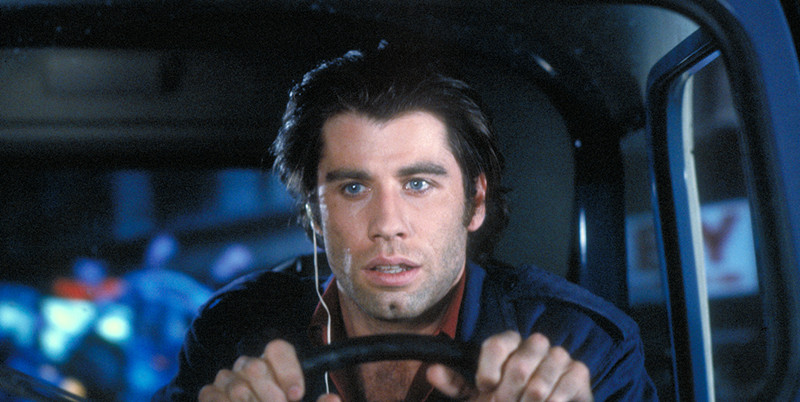
In general, the 80s are not regarded as a decade of “fine film arts,” cinematographic mastership, or, in general, great movies. The cliché goes: Those films are dull, superficial, and weak on content.
The 80s marked a significant shift in the Hollywood film industry. The “blockbuster era” with big franchises that were made to attract huge audiences started to replace “New Hollywood”, the influential movement of the late 60s and 70s that claimed more power and creative control for directors, and was the starting point for the career for some of the most important American filmmakers such as Martin Scorsese, Steven Spielberg, Brian De Palma, Francis Ford Coppola and many more.
These directors had to (re-)find (and fight for) their place in a changing cinematic landscape and changing terms and conditions of film production in the 80s.
Connected with those changes in the film industry, and the (again) growing commercialization of “film art”, are also societal impositions; the election of Ronald Reagan as the US president marked the start of the ‘era of neo-liberalism’ and rampant capitalism that claimed the importance of the individual over community (in contrast to the “universal humanist goals” purchased by the hippie movements of the 70s). The implications of those social developments can also be seen in the American cinema of the 80s.
There are those films, of course, that fulfill the 80s clichés for worse: dull, superficial pieces that appear to be “nice to look at” but lack depth, interesting storytelling, or authentic and convincing acting.
However, if you take a closer look, you can discover a lot of great films which do not relate to the cliché at all – hidden masterpieces that combine the genuine 80’s talent for elaborate stylistics with interesting plots; films full of contradictions, beauty, aesthetic brilliance and fascinating characters.
This list of 15 films tries to give an overview of some ‘gems’ of the cinema of the 80s, that exciting and interesting ‘forgotten’ decade of filmmaking, including films by some of America’s most important directors as well as ‘smaller’ films that you may never have heard of.
15. Black Rain by Ridley Scott (1989)
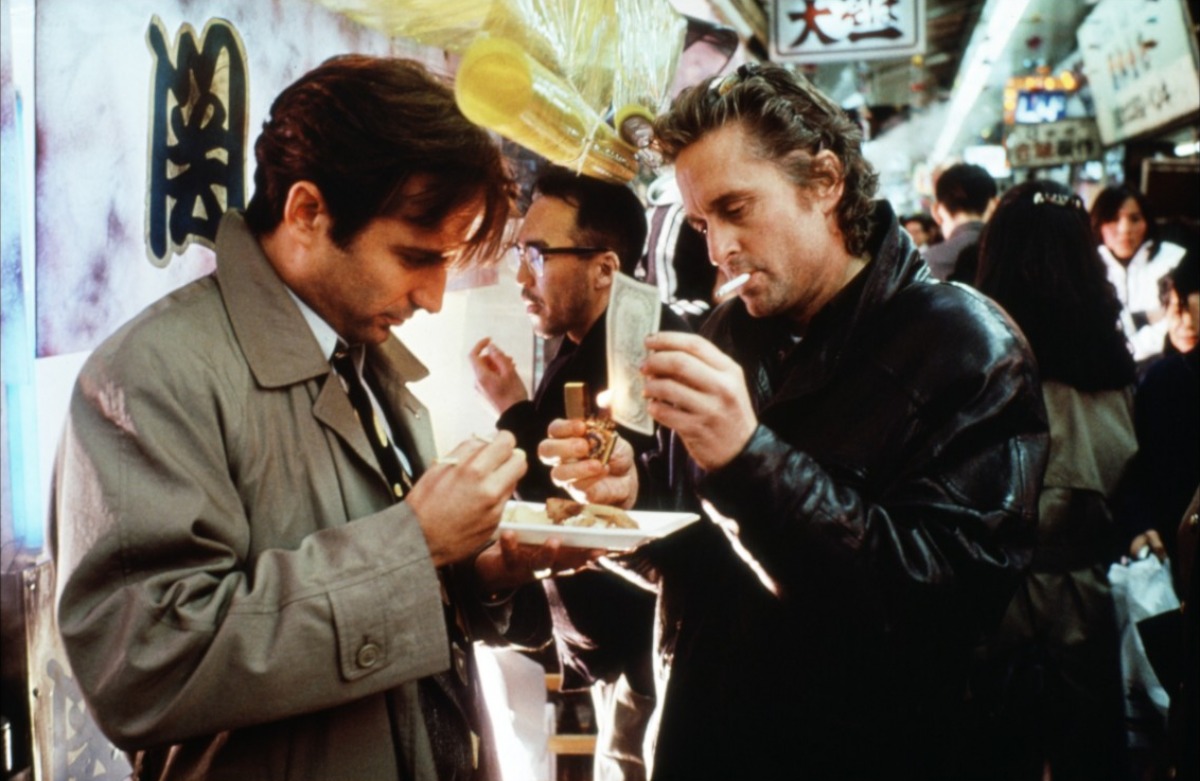
Ridley Scott may have made better films (like “Alien”, “Gladiator”, “The Martian”), and worse films, but few of them combine stylistic perfection and a great soundtrack in a more successful way. Hans Zimmer, in their first collaboration (and one of his early Hollywood efforts), delivers a powerful soundtrack that breathes all the air of 80’s musical sensibilities.
Michael Douglas gives another strong performance in this neo-noir (after he had just won his Oscar for “Wall Street” a year earlier). He plays a corrupt American cop who, with his partner (Andy Garcia), is sent to Tokyo to fight organized crime.
“Black Rain” is a beautifully shot portrait of modern Japan, and shows a clash of American and Japanese culture. Although it can be confronted with criticism about “thin plotting” and preferring “style over story,” it still is an enjoyable film whose aesthetics and cinematography prove to be highly impressive.
14. American Flyers by John Badham (1985)
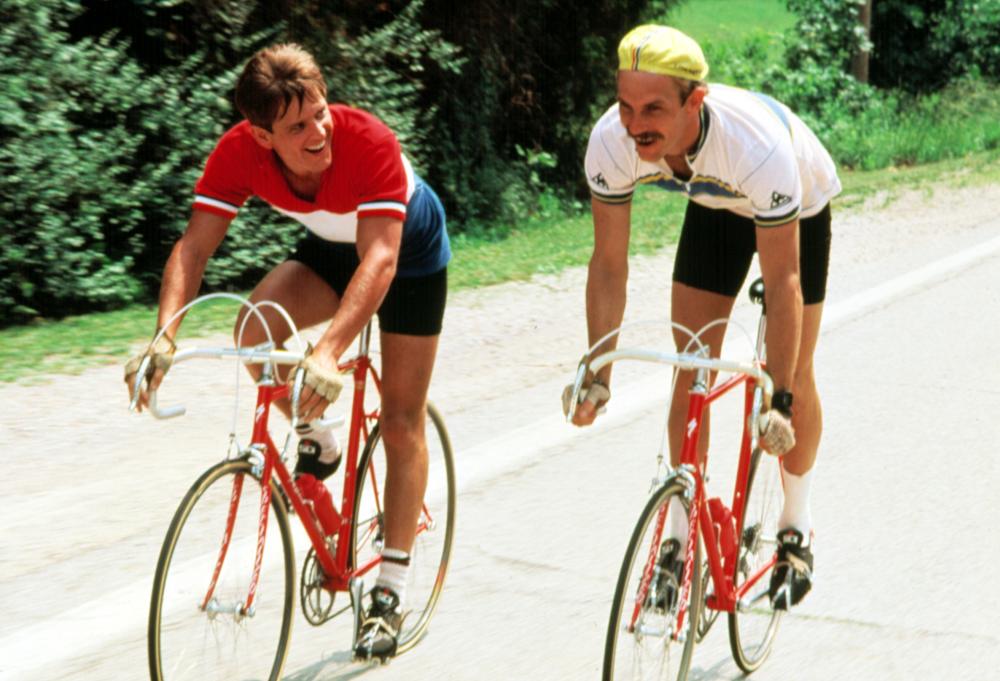
A true 80’s gem – a small film about cycling and the conflicts of a loving but troubled family is one of the first films starring Kevin Costner – “American Flyers” is a truly enjoyable film experience.
The story circles around two brothers, played by Costner (Marcus) and David Marshall Grant (David), who both try to participate in a cycling race in the Rocky Mountains. Marcus, who is a doctor by profession, finds out that he suffers from the same heart illness as his father who had just passed away…
“American Flyers” is a soft, warm-hearted family drama that might best be watched on a rainy Saturday afternoon, and just leaves you with a good feeling.
13. Angel Heart by Alan Parker (1987)
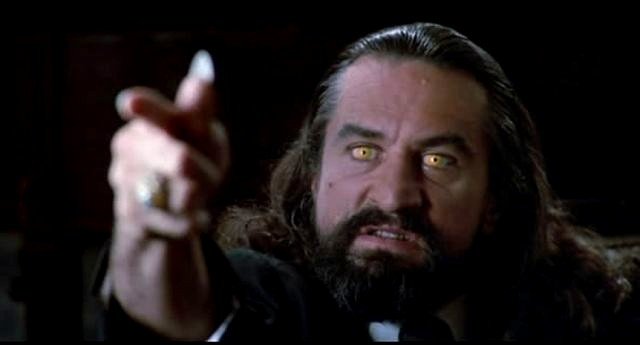
No one can understand why the films by Alan Parker, the director of cinematic masterpiece “Midnight Express”, do not have higher reputations in Hollywood. Especially in the 80s, the British-born filmmaker crafted some very fine and strong films. “Angel Heart” is one of them.
A gloomy trip into the shallows of the human soul, this frightening occult thriller stars a phenomenal Mickey Rourke in its lead, who plays troubled private detective Harry Angel. He gets an assignment by a dubious guy named “Lou Cyphre” (played by Robert De Niro).
Angel is to find “Johnny Favourite”, someone who has supposedly large debts with Cyphre. But, as we learn as the plot evolves, Angel’s search for Johnny Favourite is most of all a search for himself, and a dark journey into the depths of his mind and soul.
Packed with religious symbolism and scary scenes, “Angel Heart” is one of the great forgotten psychological thrillers of the 80s, and a truly frightening film experience.
12. Working Girl by Mike Nichols (1988)
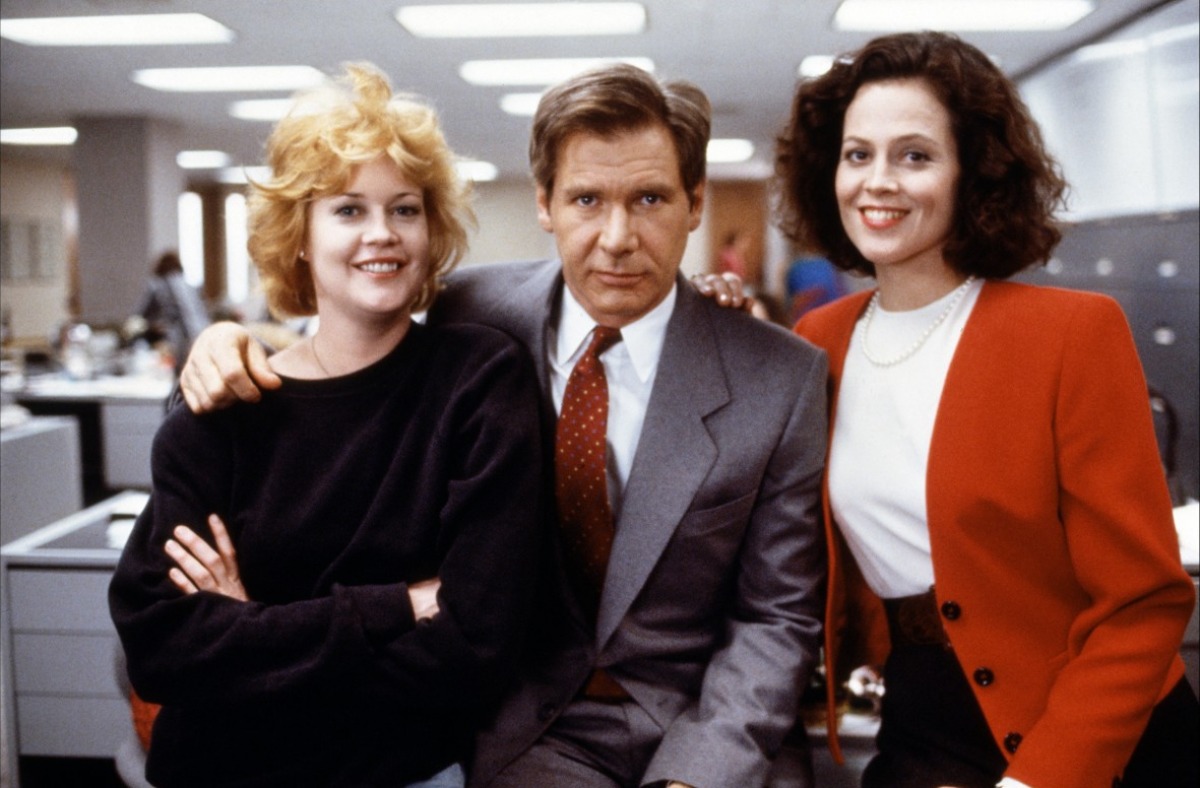
“The Graduate” director Mike Nichols is an expert on troubled man-women relationships. In “Working Girl”, a romantic but clever social tale, he shows his talent for portraying both men and women in the pursuit of happiness, their place in society, and, in this case, a “better life.”
Melanie Griffith plays Tess, an intelligent working-class girl who starts a job as a secretary in a huge New York-based financial firm. Her boss (Sigourney Weaver) first seems to encourage Tess on her “path to independence,” but then, as she finds out, uses one of Tess’s ideas to sell it as her own. Tess takes faith into her own hands, and tries to prove her talents in the male-dominated New York financial world.
“Working Girl” is an intelligent romantic comedy with good acting, entertaining plot twists – and a great soundtrack. One wonders why those kind of films are not made anymore.
11. Mississippi Burning by Alan Parker (1988)
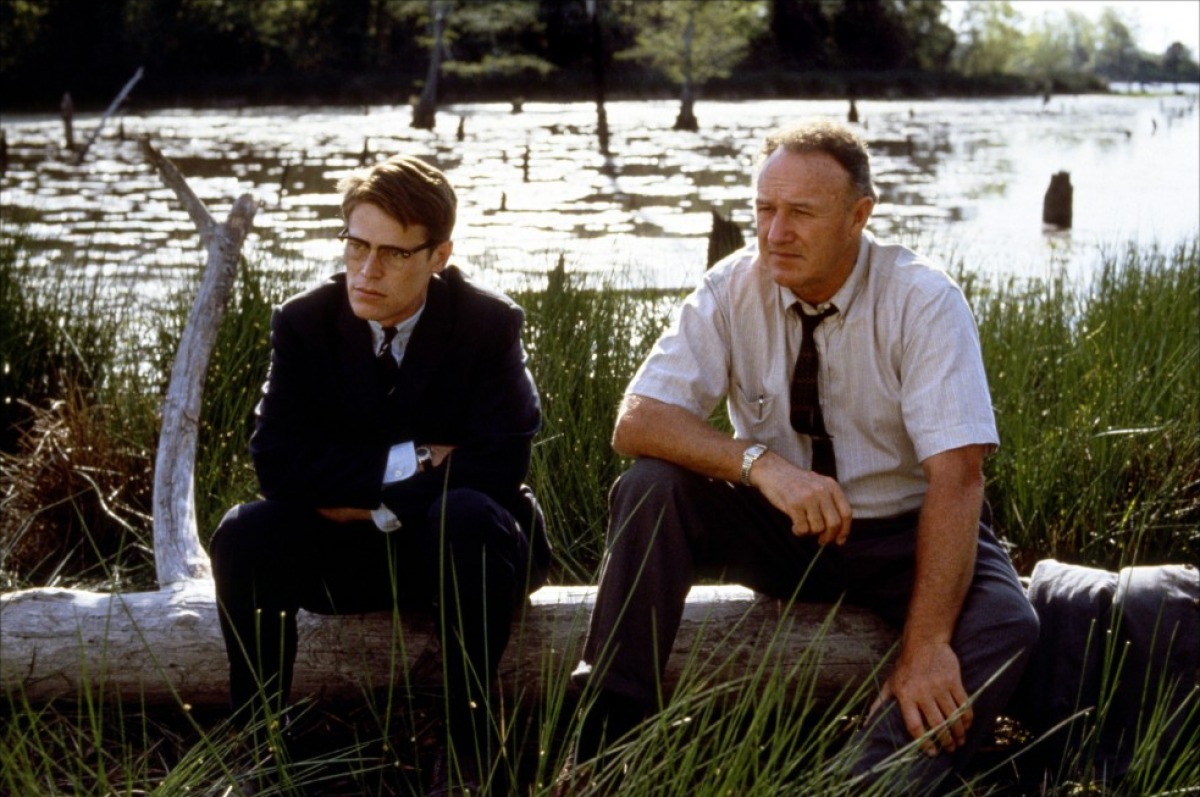
Parker, the 2nd: This intense drama is one of the most challenging movies of the 80s. Far from dull or superficial, “Mississippi Burning” is a powerful portrayal of a community in the American South that is haunted by violence.
The government sends two FBI agents, played by Gene Hackman and Willem Dafoe, to examine the incidents. The two are very different and quite opposed characters; one (Dafoe) is a “by the playbook” bureaucrat, while the other one (Hackman), a former sheriff who has been working in the South himself, has a certain sense and understanding for the “rednecks”.
Overall, this film must be called a highlight of American historical cinema, and a key movie of American cinema. “Mississippi Burning” is a skillfully crafted, emotionally challenging effort with great acting that “goes to your guts.”
10. The Last Temptation of Christ by Martin Scorsese (1988)
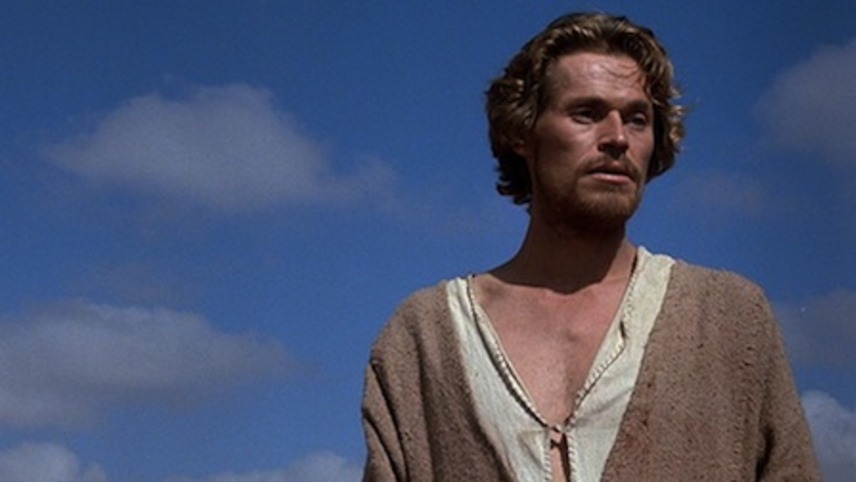
The release of this film caused veritable controversy in 1988: director Martin Scorsese and his screenwriter Paul Schrader had taken “too much creative freedom” in portraying Christ as a messiah with “human weaknesses” – that was considered a no-go.
“The Last Temptation of Christ” is definitely an unusual Scorsese effort at first sight, but in the meantime, everyone knows about his liking of ‘religious topics’ and questions of faith and belief. In addition, Scorsese is probably the only director who manages to adapt Jesus’ tale of woe as ‘cinema entertainment’ and entertaining cinema.
Schrader’s style is also unmistakable: Jesus is shown as a doubtful, passionate and suffering individual who has a hard time accepting his ‘supernatural’ destiny, and who would rather just be human.
One must also highlight Willem Dafoe’s strong portrayal of Christ; another highlight is Peter Gabriel’s score, which gives the film a ‘modernist’ touch. Scorsese’s directing is powerful as usual, but also very reduced, even minimalistic.
“The Last Temptation of Christ” is not a detailed depiction of Jesus’ life and suffering, but a film that focuses on the personal struggle of the protagonist, and one of the most unusual outputs of the American film industry of the 80s.
9. Planes, Trains & Automobiles by John Hughes (1987)
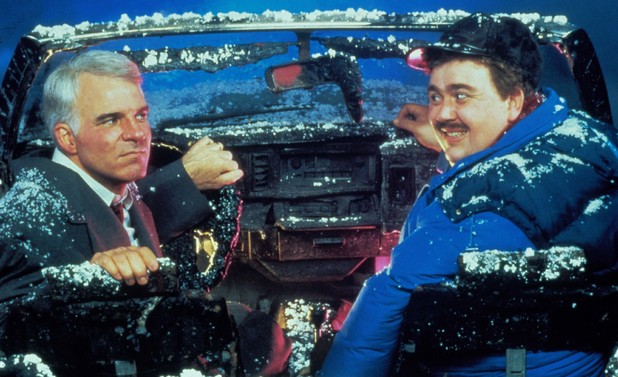
John Hughes, best known for his teen flicks such as “The Breakfast Club” or “Ferris Bueller’s Day Off” also produced a more ‘conventional’ film: “Planes, Trains & Automobiles” is a warm-hearted road movie starring Steve Martin and John Candy as unintentional travel buddies.
Unfolding this special “Hughes magic” that most of his films contain, this one is full of well-functioning gags and proves to be funny and highly amusing.
The two leading actors develop a fine chemistry, and watching “Planes, Trains & Automobiles” simply makes you happy. It is an almost innocent celebration of friendship and humanity; a pity that it´s hard to find films like that in today´s cinema.